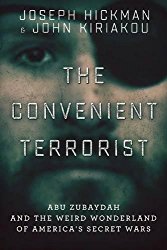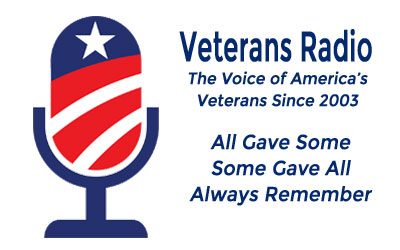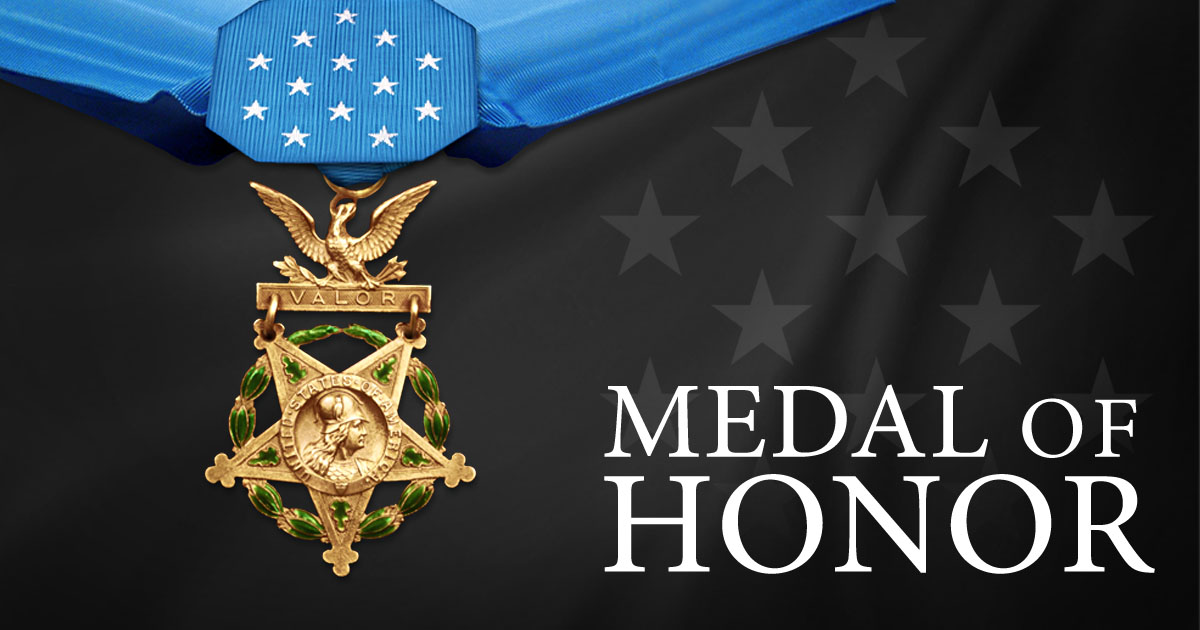
Medal of Honor David Bellavia and Who controls the national guard
Host Jim Fausone and guests:
Staff Sergeant David Bellavia – Army, Iraq, Medal of Honor Recipient
Jason Mazzone – Law professor at University of Illinois – Urbana-Champaign
MOH Bellavia + Professor Mazzone and National Guard Control - October 8, 2023
Staff Sgt. David Bellavia, a Reluctant Medal Of Honor Recipient
Bellavia was awarded the Medal of Honor for actions while serving as a squad leader with the 1st Infantry Division in support of Operation Phantom Fury in Fallujah, Iraq when a squad from his platoon became trapped by intense enemy fire.
President Donald J. Trump presented the Medal of Honor during a ceremony at the White House in Washington, D.C., June 25, 2019.
How the 2004 Military Action Unfolded for staff Sgt. Bellavia in Fallujah
Staff Sgt. David G. Bellavia was a squad leader in support of Operation Phantom Fury in Fallujah, Iraq. Their mission on the night of November 10, 2004, was to clear a block of 12 buildings, where it was thought six or more insurgents had taken shelter. A Bradley Fighting Vehicle was supposed to provide fire support, but a malfunction on its 25mm cannon meant the platoon would have to kill or capture the anti-Iraqi forces (AIF) without it.
After finding nothing in the first nine buildings, Bellavia’s platoon moved into the next compound, where they immediately came under fire from the front hallway. Two insurgents manning machine guns under a stairwell had been waiting to ambush the Soldiers as they attempted to clear the home. Moments later, more AIF opened fire from a window. The combined gunfire from the stairwell and the window meant the Soldiers were trapped.

Staff Sgt. David G. Bellavia and his family attend a ceremony inducting him into the Pentagon Hall of Heroes, in Arlington, Va., June 26, 2019, for actions while serving as a squad leader with the 1st Infantry Division in support of Operation Phantom Fury in Fallujah, Iraq. (U.S. Army Photo by Sgt. Kevin Roy)
 The Iraq War’s only living Medal of Honor recipient reveals the untold story of the remarkable brotherhood behind one of the war’s legendary acts of valor
The Iraq War’s only living Medal of Honor recipient reveals the untold story of the remarkable brotherhood behind one of the war’s legendary acts of valor
In 2004, he stormed an enemy stronghold to save his platoon. Fourteen years later, his unit reunited and saved him. This is their story.
“Acting on instinct to save the members of his platoon from an imminent threat, Staff Sergeant Bellavia ultimately cleared an entire enemy-filled house.” So reads the Medal of Honor citation describing one of the Iraq War’s most celebrated acts of heroism. But the full story of the brotherhood at the heart of these events is untold—and far more remarkable.
In 2004, David Bellavia’s U.S. Army unit, an infantry battalion known as the Ramrods—2nd Battalion, 2nd Infantry Regiment, 1st Infantry Division—fought and helped win the Battle of Fallujah, the bloodiest episode of the Iraq War. On November 10, 2004, Bellavia single-handedly cleared a fortified enemy position that had pinned down a squad from his platoon. Fourteen years later, Bellavia got a call from the president of the United States: he had been awarded a Medal of Honor for his actions in Fallujah and would receive America’s highest award for bravery in combat during a ceremony at the White House.
The news was not welcome. Bellavia had put the war behind him, created a quiet life for himself in rural western New York, and lost touch with most of his fellow Ramrods, who were once like brothers to him. The first time they gathered as a unit after the war was at Bellavia’s medal ceremony, six days in Washington, D.C., that may have saved them all. As they revisited what they had seen and done in battle and revealed to one another their journeys back into civilian life, they discovered that the bonds had not been broken by time. A decoration for one became a healing event for all.
This book—beginning in brutal war and ending with this momentous, transformative reunion—covers the journey of Bellavia’s platoon through fifteen years. A quintessential and timeless American tale, it is the story of how forty battle-hardened soldiers became ordinary citizens again; what they did during that time, and how November 10, 2004, rattled within them; and how their reunion brought them home at last.

Who Controls the 450,000 National Guardsmen?
Governor Abbott, Texas Governor, has sued the Biden Administration over the ability to punish guardsmen that did not want to take the COVID Vaccine. It set up a legal challenge about who controls the National Guard when not federalized.
Law professor Jason Mazzone at the University of Illinois – Urbana-Champaign, discusses the case and the legal issues involved. This requires a discussion of the Constitution and Militia Clause.
Please Give Us Your Feedback
Below is an area where you can rate this program on a 5-star rating system. You can also leave more detail in a comment section below the "Related Posts" section.
Sharing this post with your friends through social media is a way of sending "kudos" to the Veterans Radio team and their guests.
All feedback is appreciated as you, the audience, help us determine the programs we present.
Every Veteran has a story to tell.






